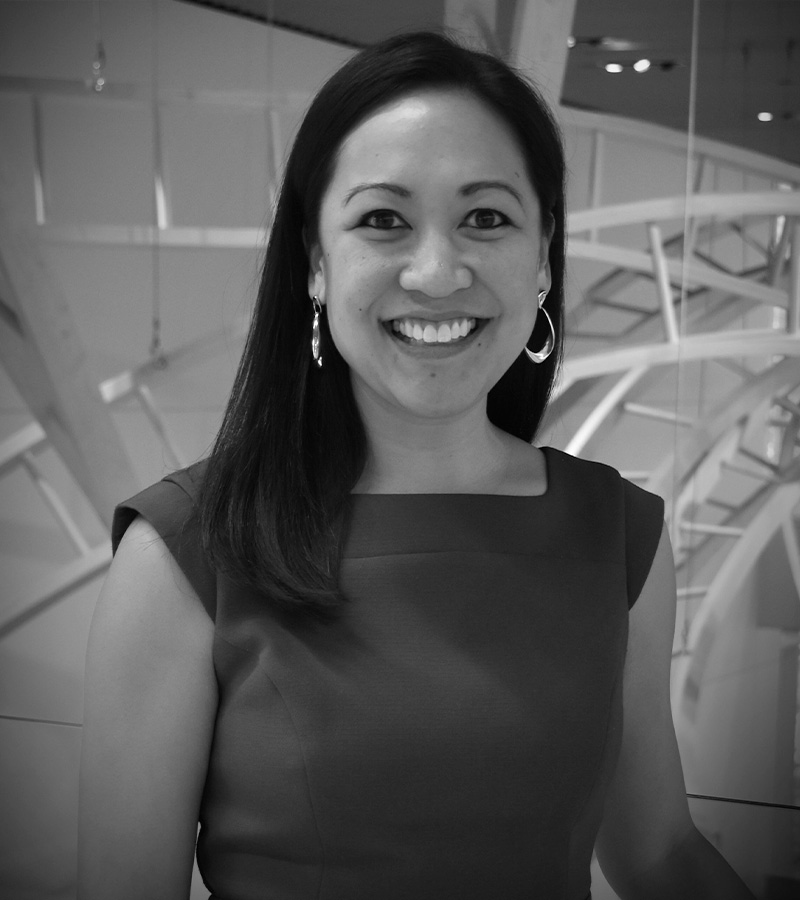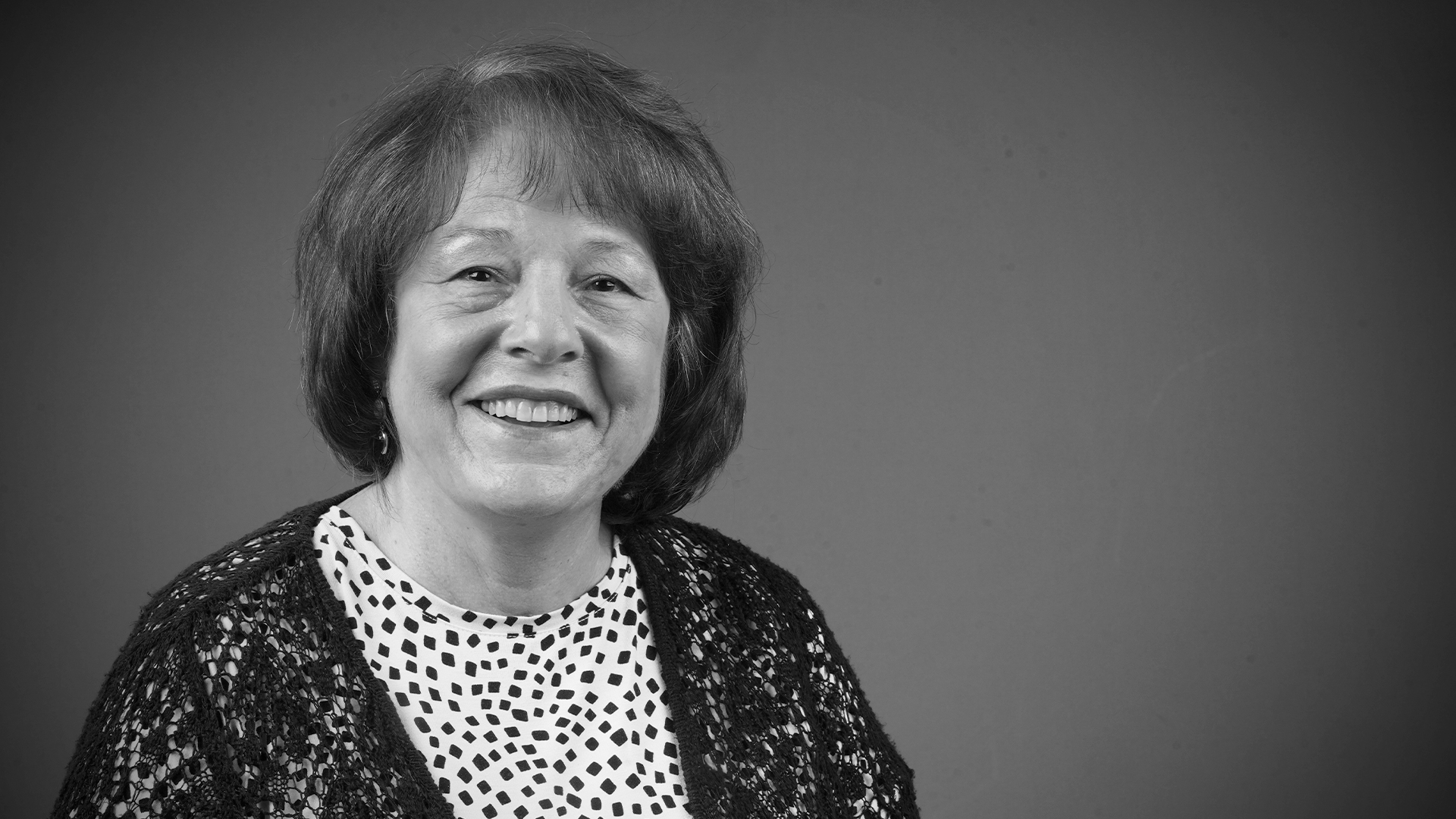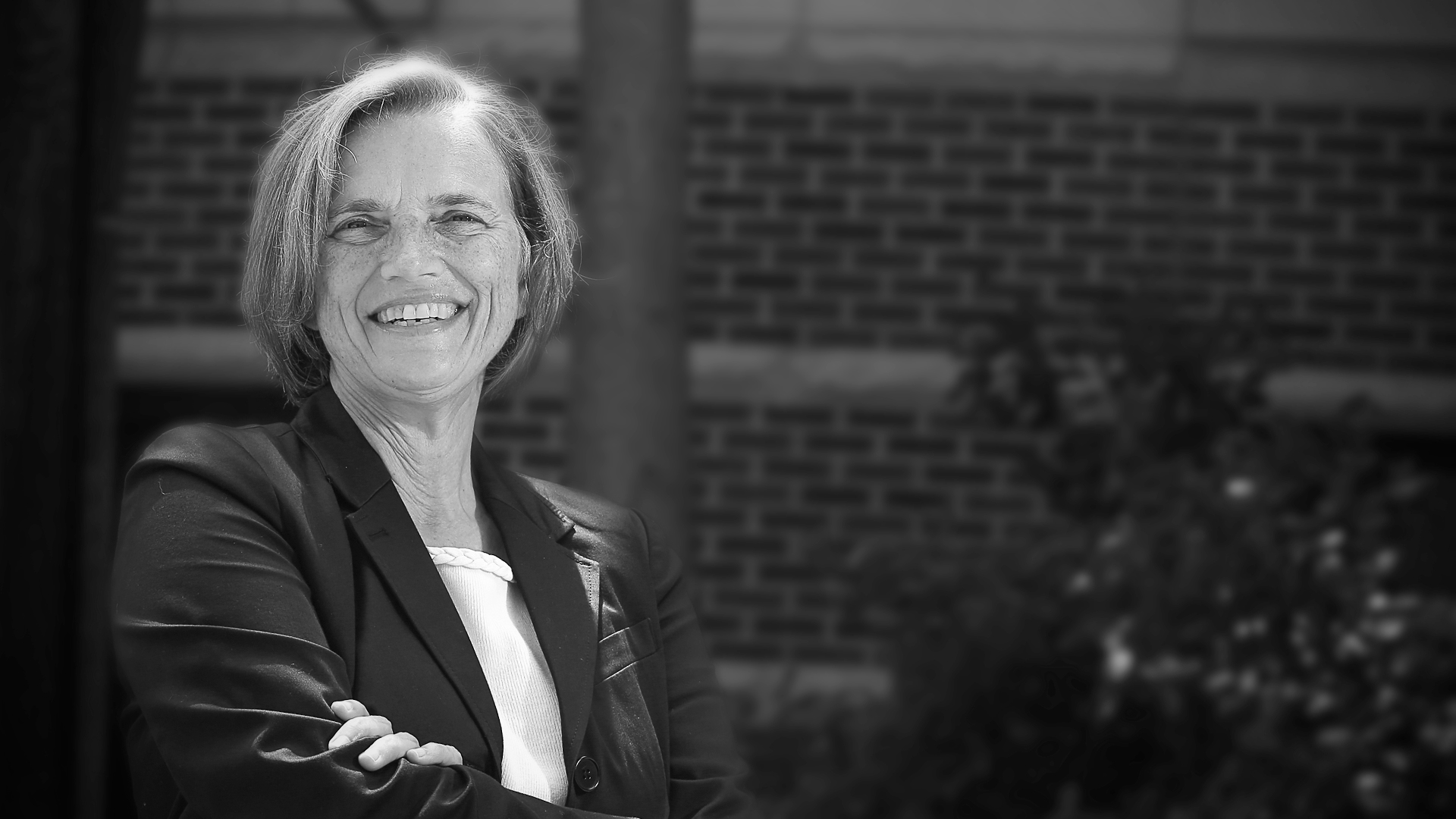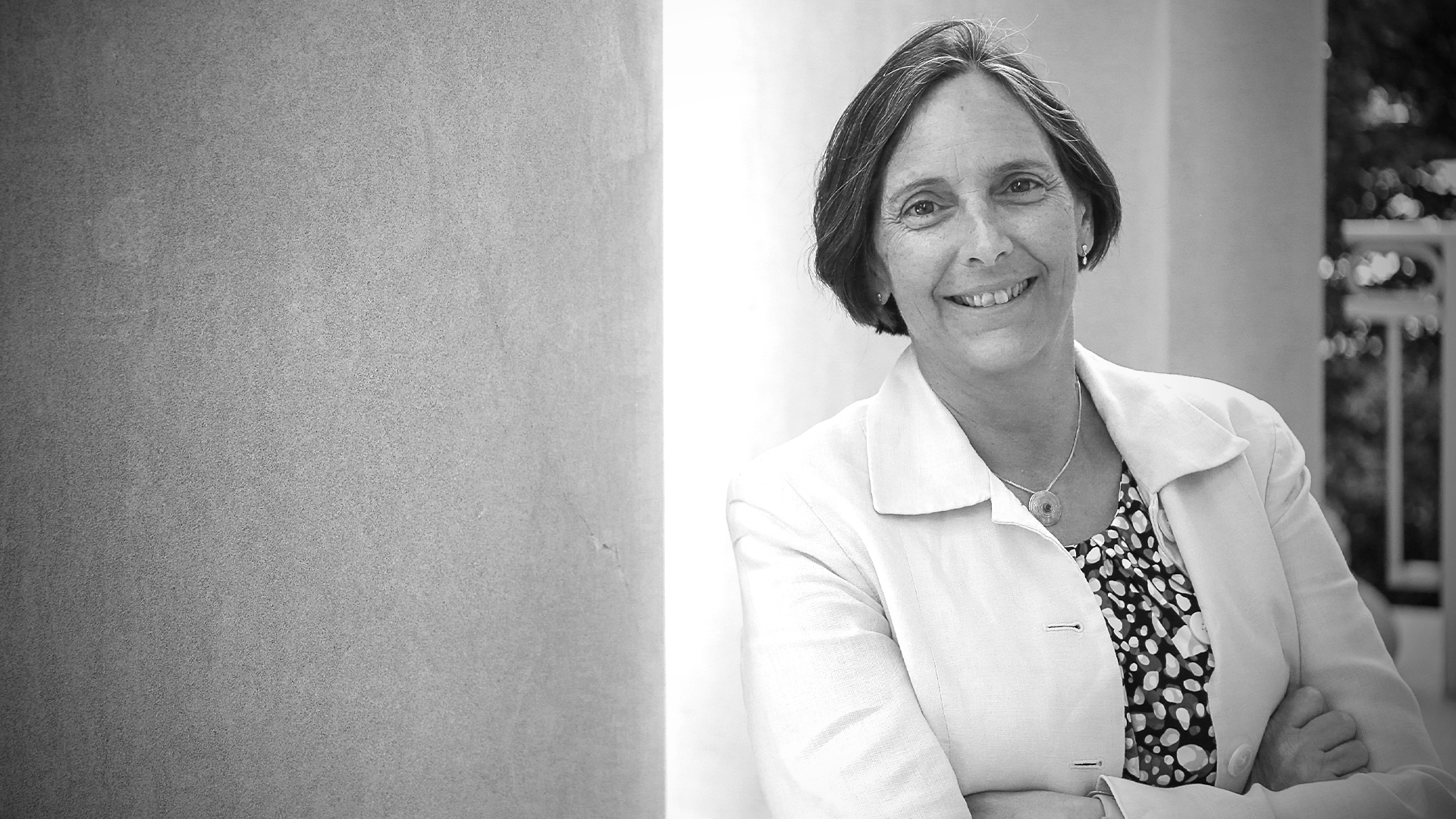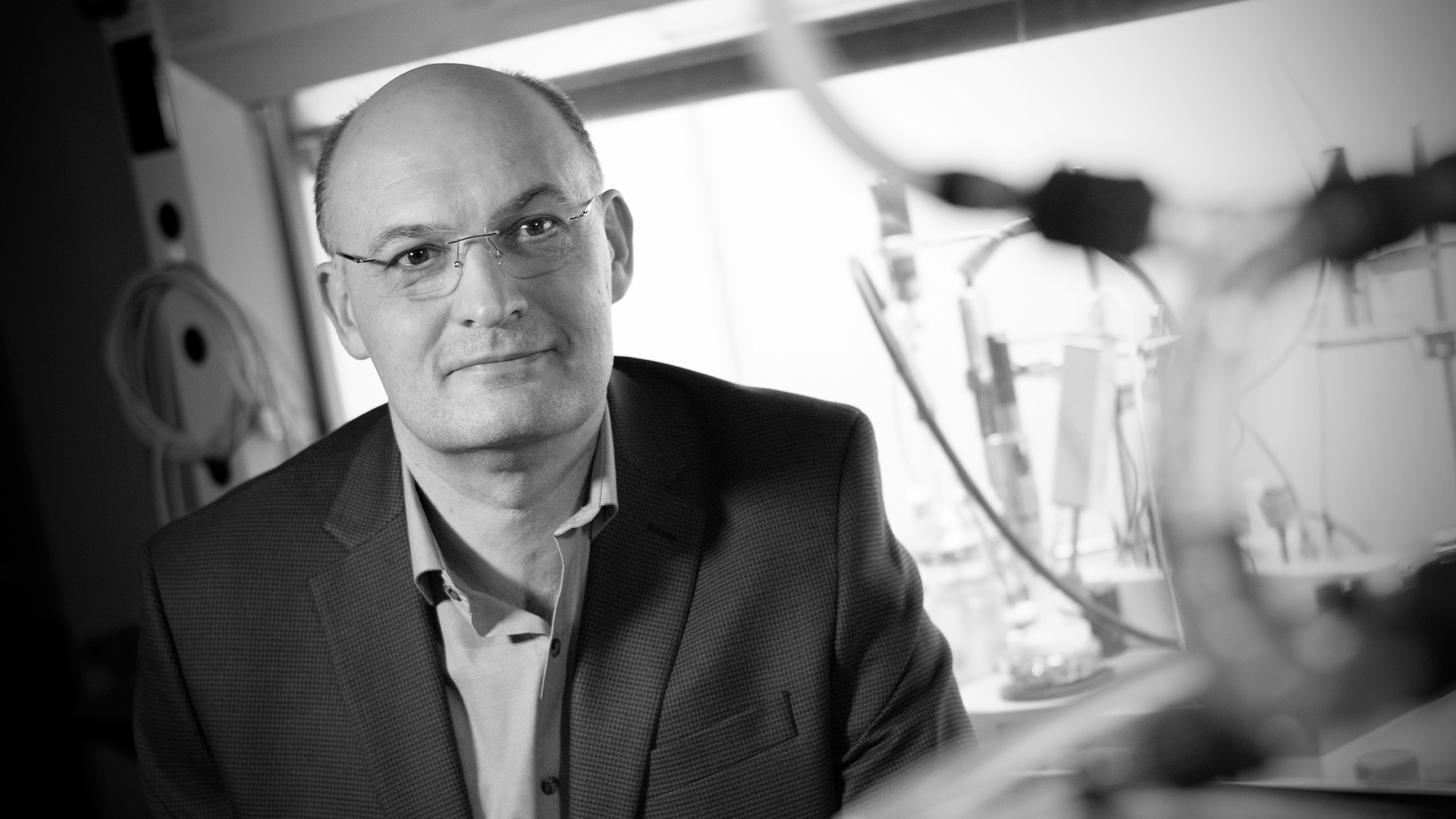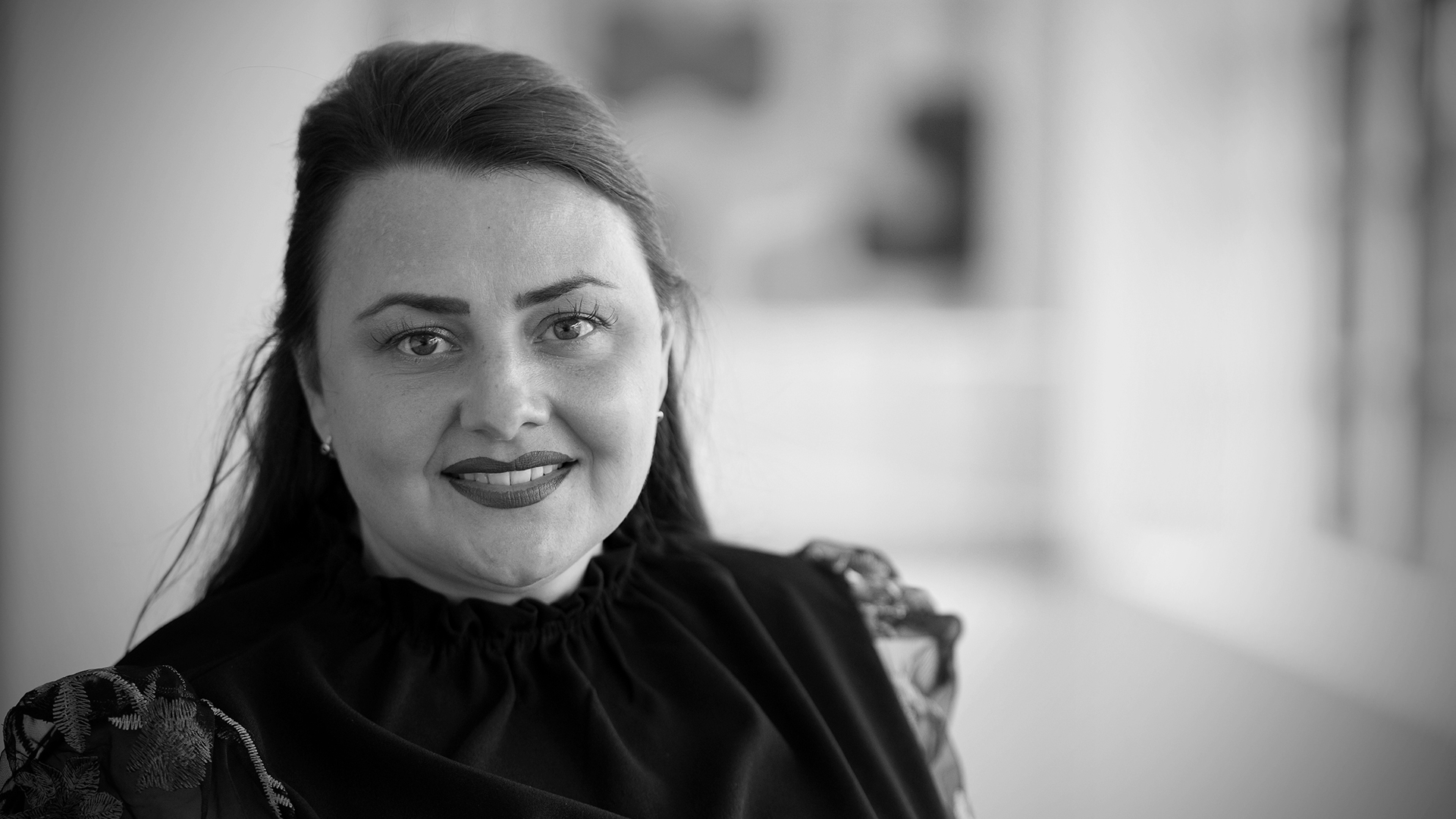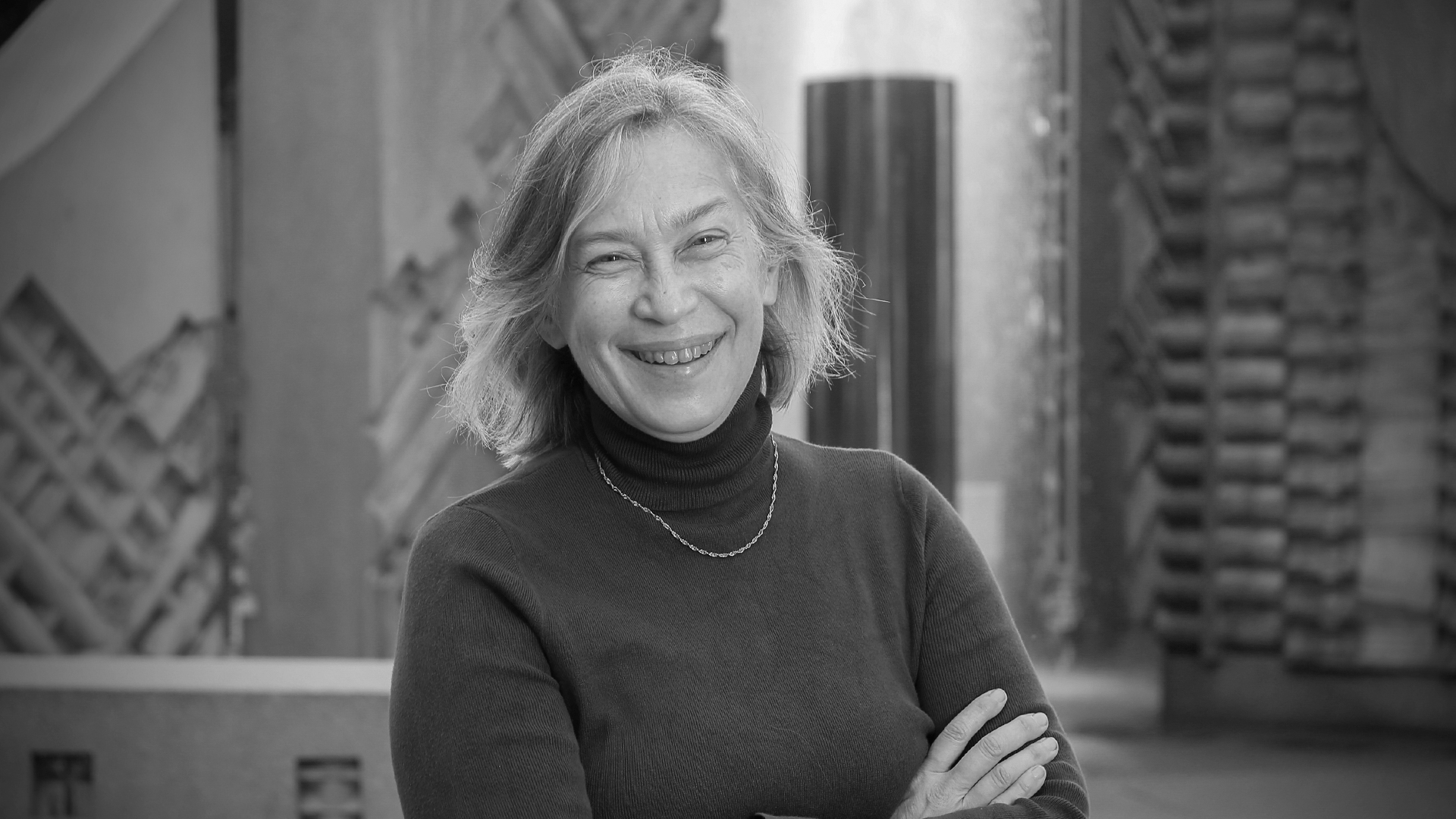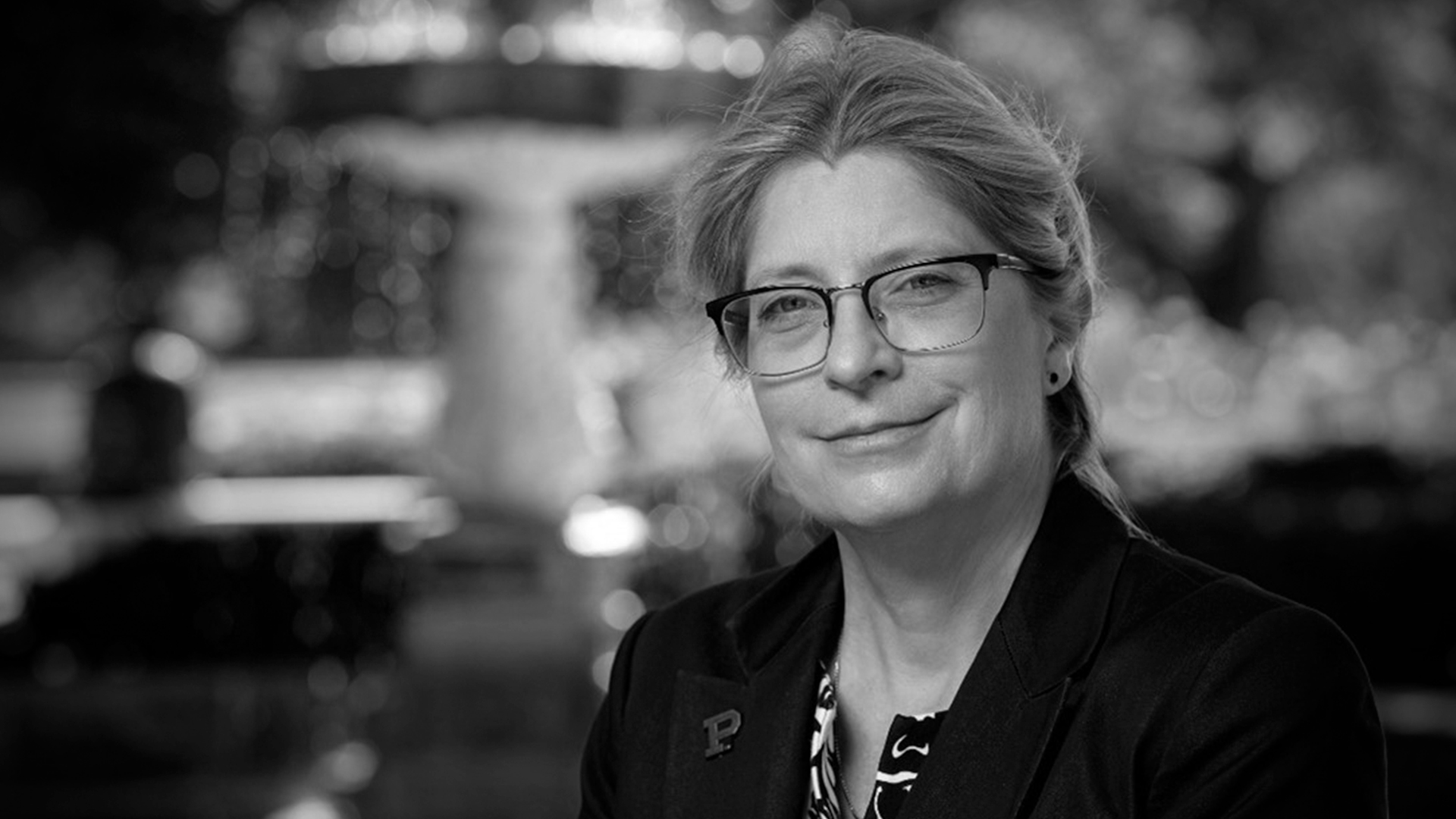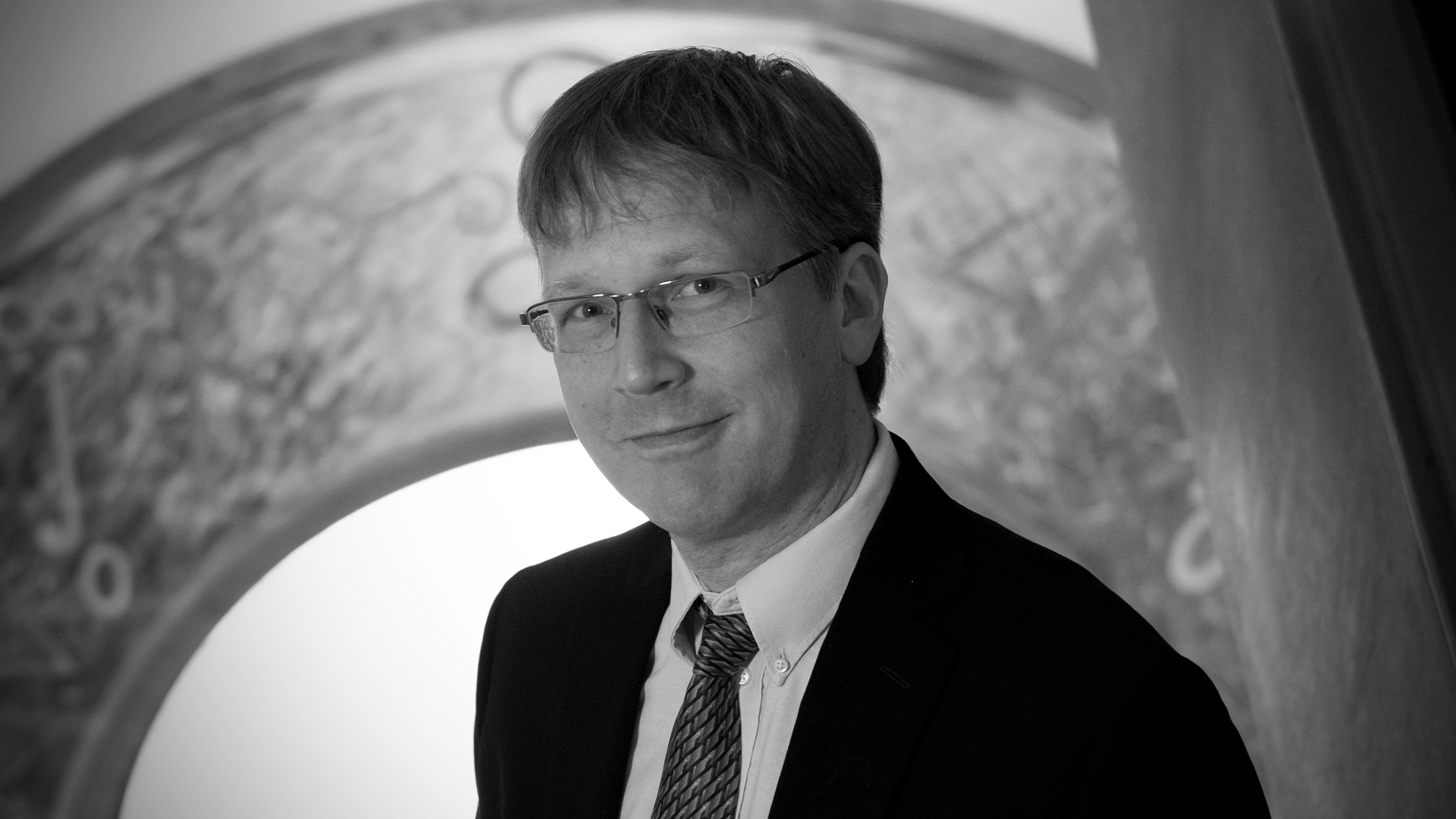
Jeffrey P. Greeley
Charles D. and Nancy G. Davidson Professor of Chemical Engineering, Engineering
JEFFREY GREELEY has contributed to the development of fundamental knowledge in the fields of heterogeneous catalysis, electrocatalysis, and lithium-ion batteries. His efforts have significantly expanded the classes of catalytic systems that can be treated with density function theory and have led to the computationally based discovery of new catalytic materials.
Greeley’s research is broadly focused on enhancing society’s ability to meet critical energy and environmental challenges by understanding, predicting, and controlling the interactions of molecules with solid surfaces. He addresses these needs with a unique combination of detailed focus on surface thermodynamics and distillation of the essence of kinetics from microkinetic analysis and mechanistic reduction.
His work includes research problems with solutions that impact the frontiers of the field, development of new or significantly expanded atomic-level theory that matches the demands of the problem at hand, use of computational screening and other concepts to dramatically increase the scope of the solutions and identify targeted new materials, and close interaction with experimentalists in both materials development and analysis of detailed-reaction kinetics.
EDUCATION
- PhD, Chemical Engineering, University of Wisconsin–Madison
- BS, Chemical Engineering, University of Texas at Austin
SELECTED HONORS
- 2017 Outstanding Engineering Graduate Student Mentor, College of Engineering, Purdue University
- 2016–2021 University Faculty Scholar, Purdue University
- 2011 Early Career Research Award, U.S. Department of Energy
